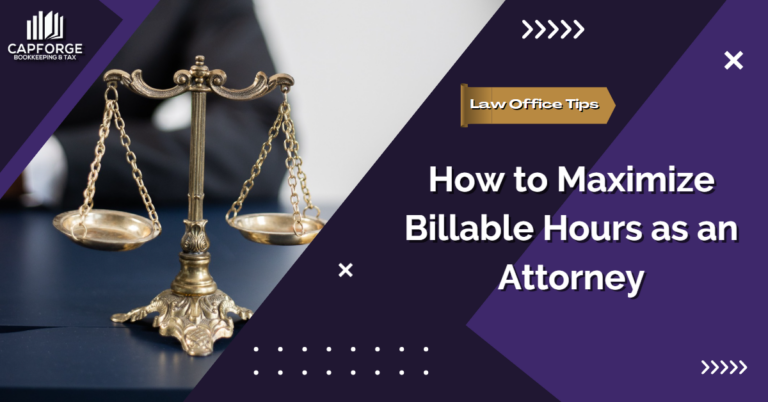How to Establish Clear Billing Guidelines
In the legal world, billing is a critical aspect of running a law firm efficiently and successfully. It’s not just about recording hours worked; it’s also about maintaining transparency and building trust with your clients. This article will delve into the intricacies of billing guidelines for law firms, offering a comprehensive guide on how to navigate this crucial process effectively.
1. Hourly Billing vs. Alternative Fee Arrangements
Law firms have traditionally billed clients on an hourly basis, but the industry has evolved to include alternative fee arrangements. We will explore the pros and cons of each approach, helping you decide which is best for your practice.
2. Establishing Clear Billing Policies
It’s essential to set clear billing policies from the outset. This section will detail what these policies should include, such as rate structures, fee estimates, and billing frequency.
3. Accurate Timekeeping
Timekeeping is the backbone of legal billing. We’ll discuss best practices for time tracking, ensuring that every billable hour is accurately recorded.
4. Invoicing
This section will address the specifics of creating professional and comprehensible invoices. From itemizing charges to offering detailed descriptions, we’ll guide you through the invoice creation process.
5. Client Communication
Effective communication with clients regarding billing is paramount. We’ll provide tips on discussing bills with transparency and addressing client concerns.
6. Retainer Agreements
Retainers are common in the legal industry. We’ll explain what retainer agreements entail and how to use them effectively.
7. Expense Recovery
Legal expenses often extend beyond attorney fees. Learn how to manage and recover expenses like court costs, travel, and document production.
8. Ethical Billing
Billing practices must align with legal ethics. We’ll explore the ethical considerations of billing, including avoiding overbilling and ensuring transparency.
9. Compliance with Regulations
Law firms need to comply with various billing regulations. We’ll outline the most critical regulations and how to stay in compliance.
10. Handling Billing Disputes
Billing disputes can harm client relationships. We’ll provide guidance on resolving these issues amicably and professionally.
11. Technology’s Role
Technology is revolutionizing legal billing. Discover how tools and software can streamline your billing processes.
12. Trends in Billing Models
The legal industry is constantly evolving. We’ll explore emerging billing models and how they might shape the future of legal billing.
Conclusion
In conclusion, effective billing guidelines are vital for the success of any law firm. By understanding the basics, implementing sound billing practices, and staying compliant, you can build trust with your clients and ensure your practice thrives. Billing guidelines are not just about financial transactions; they are about maintaining a strong, reputable legal practice. Does your law firm need help with sorting its financial records? If so, our team is here to help. Feel free to fill out the form below, and we’ll get in touch with you shortly.








